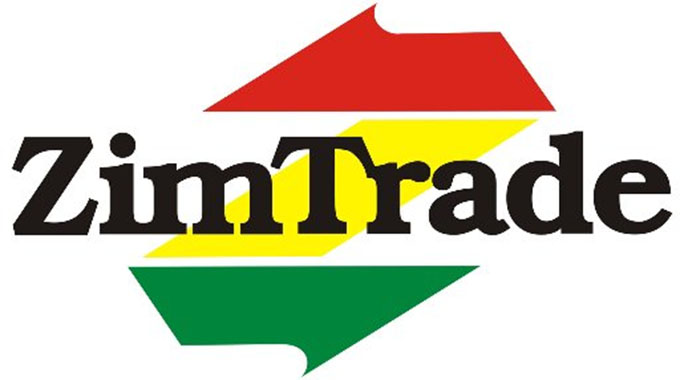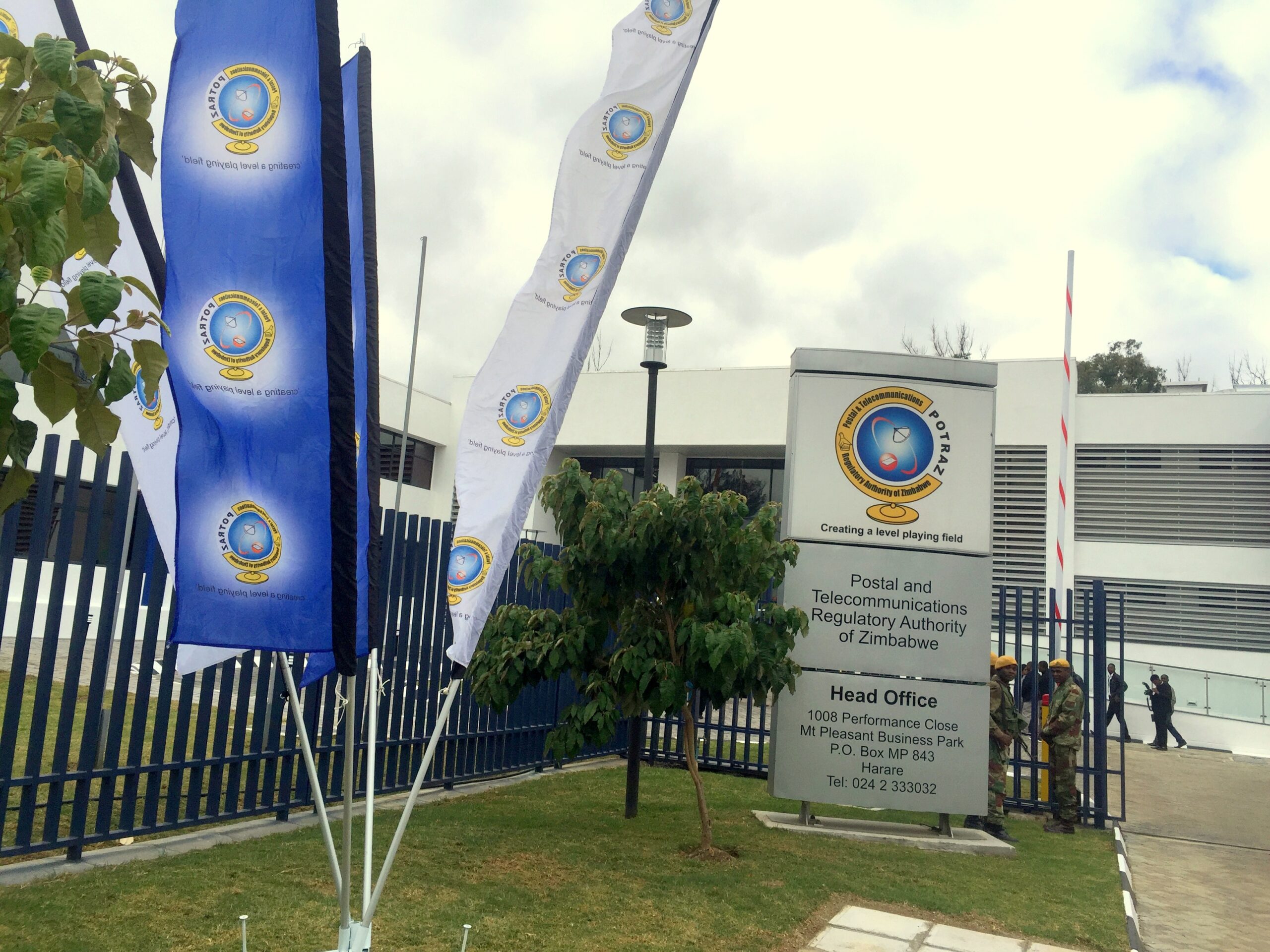Telecom companies get much-needed tariff adjustment
The Postal and Telecommunications Regulatory Authority of Zimbabwe (Potraz) has granted a much-needed headline tariff adjustment to telecommunications companies amid rising input costs.
The last headline tariff review for the telco industry was done close to a year ago, in September last year.
However, rising inflation, a weakening local currency and mounting energy costs have meant that the viability of the industry – 90% of whose network capital requirements and rolling operational costs are foreign currency denominated – was now at risk and beginning to compromise the quality of service delivery.
In a notice to its customers, Econet Wireless, the largest of the three mobile network operators in Zimbabwe, said it will increase the price of its voice calls on Wednesday, from ZW$10.01 per minute to ZW$16.11 per minute. It said its short message service (SMS) will go up to ZW$3.31, from ZW$1.79, while its ‘out of bundle’ (undiscounted) data will now costs ZW$2.55 per megabyte, up from ZW$1.38 per megabyte.
The majority of data packages offered by all telecommunication companies are discounted, promotional ‘bundles’.
Since the last tariff adjustment in September 2021, inflation has risen from 51.55% then to over 191% in June this year while the local ZWL currency, which was trading at 1USD:ZWL$86 in September last year, has lost significant ground and is now trading at 1USD:ZWL$385 to the US dollar on the RBZ foreign currency auction (as of Monday, July 11, 2022).
At the same time, the price of electricity, which telecommunication companies use to keep their networks up and their customers connected, went up by 356% from US$0.02 per kWh last year, to the current US$0.1063 per kWh. Similarly, the price of diesel – a major cost driver for telcos amid Zesa power blackouts and loadshedding – is now selling for up to US$1,88 at major fuel service stations across the country, up from US$1,38 in September last year.
TelOne, the state-owned fixed telecommunications service provider, which last month warned that it was facing collapse due to non-cost reflective tariffs, adjusted its tariffs yesterday.
According to its new price schedule, TelOne’s 10 Gigabyte (GB) bundle has been reviewed upwards from ZW$ 1 499 to ZW$2 413, while a 100 GB package is now selling for ZW$16 905, up from ZW$10 500.
Briefing stakeholders at its Annual General Meeting in Harare recently, TelOne said it faced acute viability challenges due to the prevailing hyper-inflation on the back of tightly controlled tariffs.
“The cost of importation and distribution of 1 Mbps is US$28. However, TelOne is unsustainably distributing the same unit at US$10 as the company has been unable to get a tariff review,” the company said at the time.
The latest tariff review comes at a time when telecommunication companies have been pleading with the authorities to approve new tariffs to enable them to recover costs and generate more revenue for capital expenditure and expansion in the face of rising vandalism and increased power cuts.
Potraz Director General Gift Machengete recently noted that the country’s dual currency system was making it difficult for telecom players to invest in the sector.
“Liquidity constraints coupled with the sector’s inability to have foreign direct investment, meant much of investment was financed by retained income. Investment in the sector was, therefore, depressed given the sector’s dependency on foreign equipment for new infrastructure and maintenance. Deteriorating exchange rate also affected the purchasing power of both consumers and service providers in real terms,” he said in a latest industry report.
Industry sources say NetOne and Telecel are expected to adjust their headline tariffs soon.-newsday












